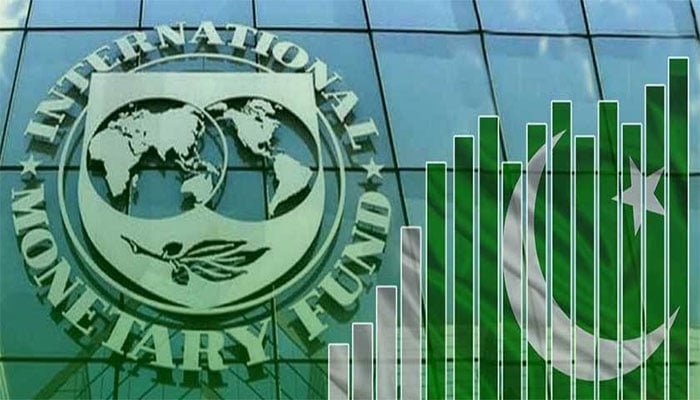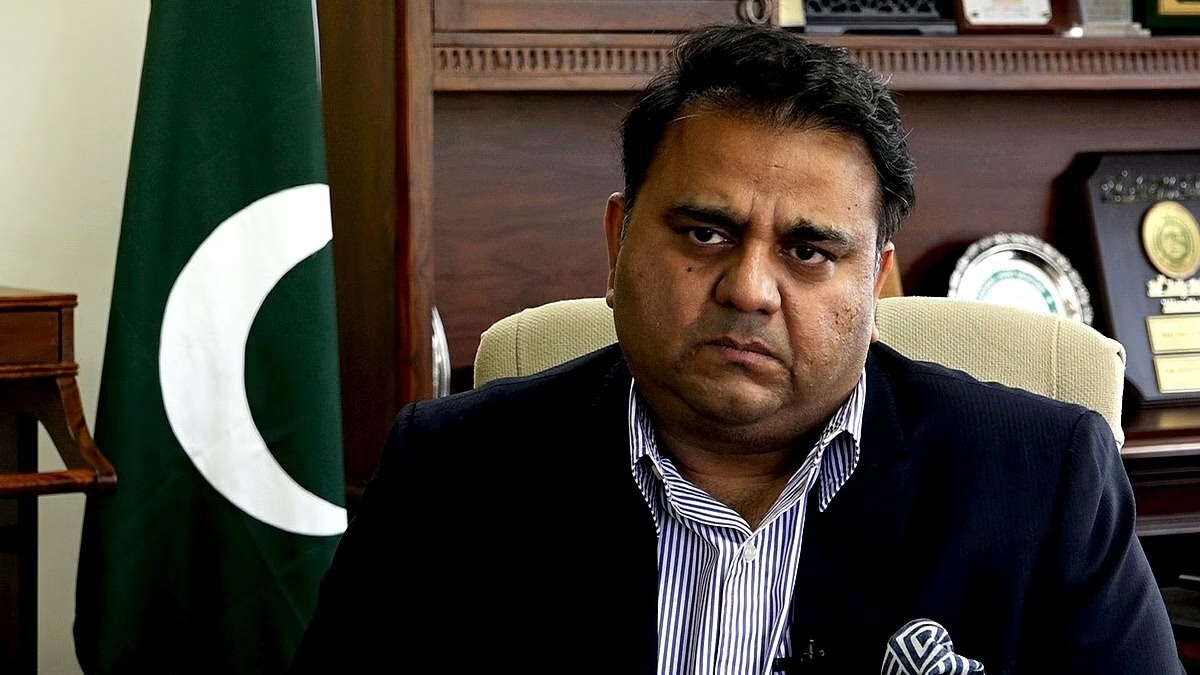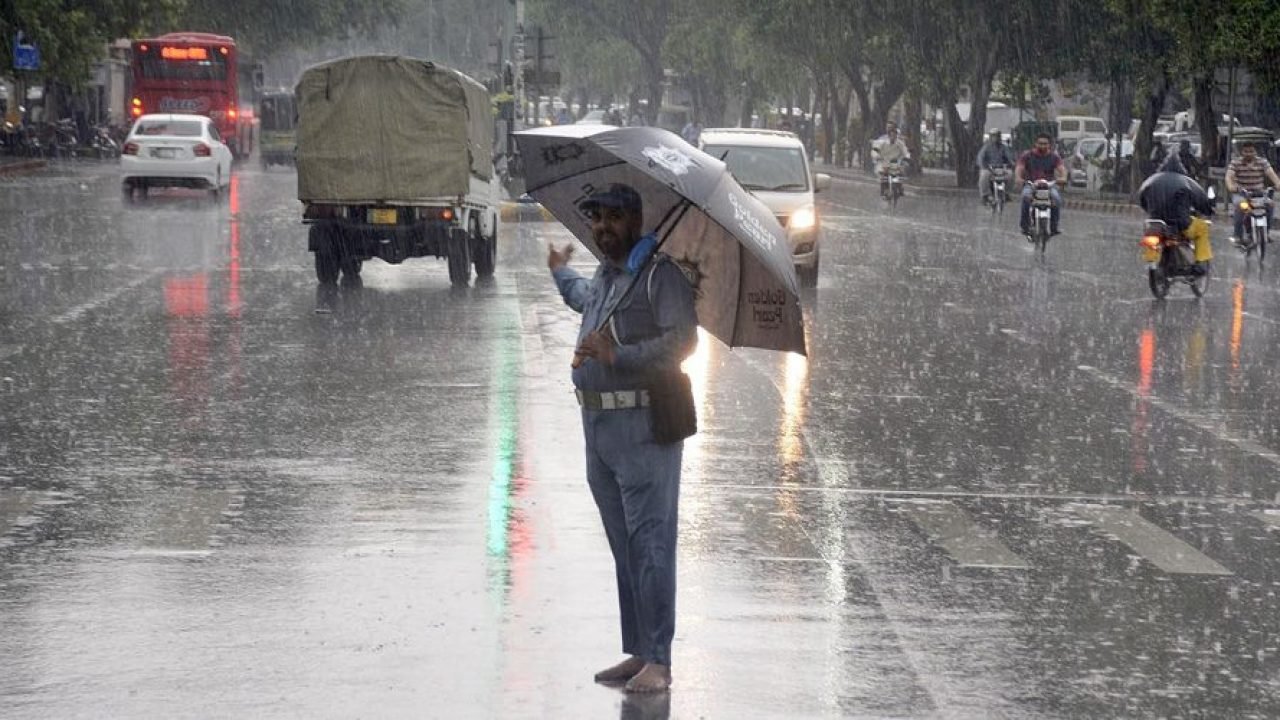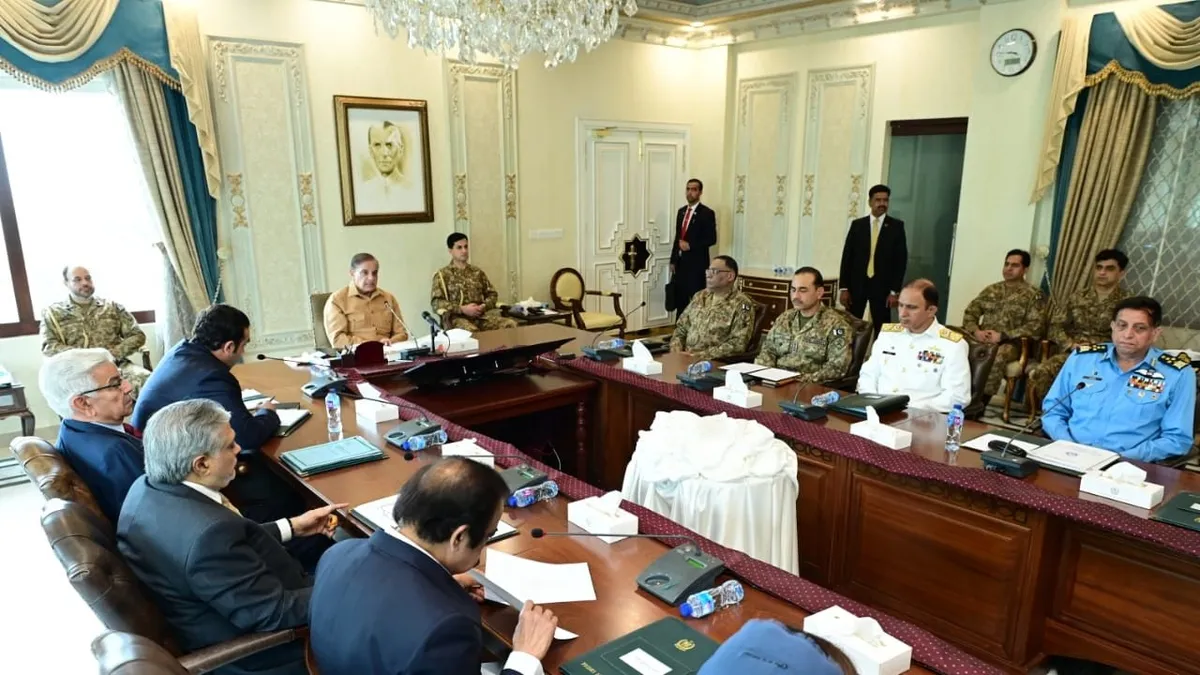The International Monetary Fund (IMF) is open to talks on a fresh program with Pakistan, as stated by its spokesperson.
In the upcoming months, discussions between Pakistan and the IMF will commence, focusing on a potential new program.
Pakistan is expected to release a growth forecast in the coming weeks, as mentioned by the IMF spokesperson.
IMF Communications Director Julie Kozek noted improvements in Pakistan’s economic and financial situation since the initial review.
Pakistan anticipates receiving $3 billion under the standby agreement, with the IMF board meeting scheduled for this month’s end.
However, Prime Minister Shehbaz Sharif cautioned that the IMF’s program conditions won’t be easy.
He addressed the Cabinet, mentioning the upcoming installment from the IMF and the Finance Minister’s meeting for the new program.
Sharif emphasized the necessity of the IMF program for economic recovery, despite its challenging conditions.
Pakistan aims for a new IMF loan program worth $7 to $8 billion, seeking assistance for economic stabilization.
Additionally, talks for climate financing and a potential increase in the loan quota are expected with the IMF.
The application for the new program is slated for submission next month, according to inside sources.
After the executive board meeting, regular negotiations with the IMF will ensue, lasting two to three months.
During these negotiations, Pakistan will prepare its budget for the upcoming financial year, with IMF guidance.
The discussions between Pakistan and the IMF are crucial for Pakistan’s economic stability and growth trajectory.
Pakistan’s economic situation has shown signs of improvement since the completion of the initial review by the IMF.
The standby agreement between Pakistan and the IMF entails a significant disbursement of $3 billion, aimed at bolstering the country’s financial reserves.
Prime Minister Shehbaz Sharif’s warning about the challenging conditions of the IMF program underscores the seriousness of the negotiations.
The forthcoming negotiations with the IMF will likely delve into various aspects of Pakistan’s economic policies, including fiscal reforms and debt management strategies.
Climate financing discussions with the IMF indicate a broader scope of collaboration beyond traditional economic stabilization measures.
Pakistan’s pursuit of a sizable loan program from the IMF underscores the country’s urgent need for external financial assistance to address its economic challenges.
The IMF’s role in providing guidance and oversight during the preparation of Pakistan’s budget for the new financial year highlights its influence on the country’s economic decision-making processes.
The outcome of the negotiations between Pakistan and the IMF will have significant implications for the country’s economic future and its ability to navigate current challenges effectively.



